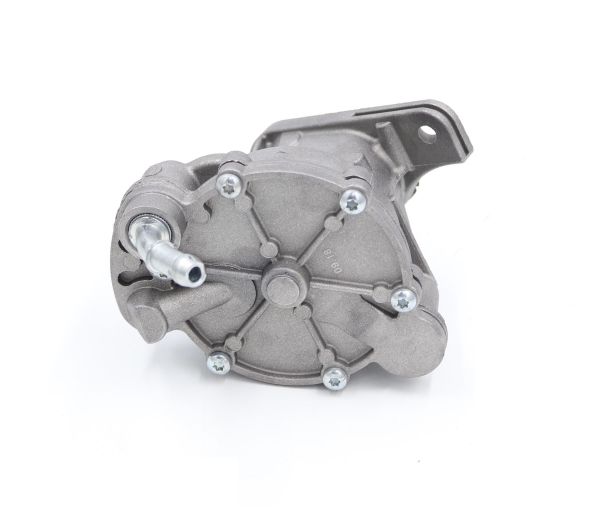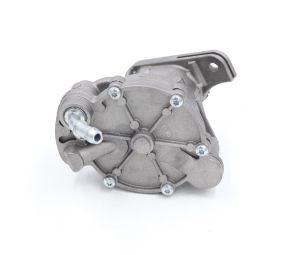More then an Engine - Vacuum Pumps

The Unsung Hero of Your Car: Why Vacuum Pumps Are So Important
When we think about our car's most important components, our minds often jump to the engine, the transmission, or the brakes themselves. But there's a small, yet mighty, part that plays a crucial role in your vehicle's safety and efficiency: the vacuum pump.
This little device, which is often overlooked, is a true workhorse, quietly assisting in multiple functions from the moment your car is manufactured to every drive you take.
What is a Vacuum Pump and How Does It Work?
At its core, a vacuum pump is a mechanical device that removes air from a sealed volume to create a partial vacuum—a pressure that's lower than the surrounding atmospheric pressure. While a "perfect" vacuum is a space entirely devoid of matter, a vacuum pump creates a partial one by constantly moving gas molecules from one area to another. This is especially important in modern cars where the engine's intake manifold might not generate enough vacuum on its own, such as in turbocharged, supercharged, or electric vehicles.
From the Factory to the Road: The Many Jobs of a Vacuum Pump
A vacuum pump's importance begins long before you even turn the key. In the manufacturing process, these pumps are vital for creating high-quality, defect-free parts. They are used in:
-
Injection Molding: Removing air bubbles from molds to produce precise and detailed plastic components.
-
Painting & Coating: Ensuring a smooth, flawless finish by eliminating air and contaminants from the process.
-
Quality Control: Detecting leaks in critical systems, like fuel lines and cooling systems, to ensure a vehicle is airtight and safe.
Once the car is on the road, the vacuum pump truly shines as an operational essential. Its most critical role is in the brake booster system. The vacuum pump provides the force needed to amplify the pressure you apply to the brake pedal, making it much easier to stop the car. Without it, you would have to press the pedal with significantly more force to achieve the same braking effect. This function is a key safety feature, giving you confidence and control on the road.
Beyond braking, the vacuum pump assists with several other systems that keep your car running smoothly and efficiently:
-
Emissions Control: It helps operate components like the Exhaust Gas Recirculation (EGR) valve and the Positive Crankcase Ventilation (PCV) valve, which reduce harmful emissions and improve engine performance.
-
HVAC System: The pump provides the necessary vacuum to control airflow and a car's climate control, helping you switch between defrost, vents, and other modes.
The Rise of Electric Vacuum Pumps
Traditionally, vacuum pumps were mechanical, driven directly by the engine. However, modern vehicles, especially electric cars and those with advanced features, are increasingly using electric vacuum pumps. These are more efficient, require less maintenance, and offer more precise control over the vacuum system. They also eliminate the risk of catastrophic engine failure that can occur if a mechanical pump seizes up.
The vacuum pump is truly the unsung hero under the hood. It contributes to safety, efficiency, and overall performance, proving that sometimes the smallest parts have the biggest impact.





